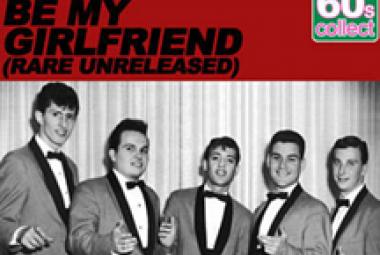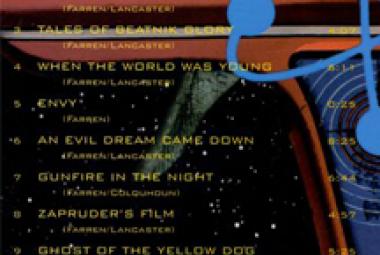Michael Jackson (August 29, 1958 – June 25, 2009) was an American singer, songwriter, record producer, dancer, and actor. Called the King of Pop, his contributions to music and dance, along with his publicized personal life, made him a global figure in popular culture for over four decades. He debuted on the professional music scene as a member of the Jackson 5 in 1964, and began his solo career in 1971. The music videos for his songs, including those of “Beat It”, “Billie Jean”, and “Thriller”, were credited with breaking down racial barriers and with transforming the medium into an art form and promotional tool. The popularity of these videos helped to bring the then-relatively-new television channel MTV to fame. Through stage and video performances, Jackson popularized a number of complicated dance techniques, such as the robot and the moonwalk, to which he gave the name. His distinctive sound and style has influenced numerous artists of various music genres. Jackson’s 1982 album Thriller is the best-selling album of all time. (More from Wikipedia)
One fine day around 30 years ago, I came upon a copy of the 1980 comeback album by the Ugly Ducklings, Off the Wall. By the way, the Michael Jackson album by the same name, Off the Wall – whose excellence, I fear, has been overwhelmed by the tsunami of Jackson’s next album, Thriller – came out the previous August, but I wonder whether the Ugly Ducklings knew about that record.
(April 2013)
* * *
In 1998, an organization called Native American Music Association & Awards was started in order to bring awareness of the contributions of Native Americans to music in all its forms; the Awards have been presented annually since that time. The surprise at taking even a quick glance at their “Did You Know” roster at www.nativeamericanmusicawards.com/halloffame.cfm is the incredible number of stars of popular music who have Native American blood – the tribe or confederation name(s) are given in parentheses here and elsewhere in this post: Elvis Presley (Cherokee), Jimi Hendrix (Cherokee), Hank Williams (Choctaw), Willie Nelson (Cherokee), Ritchie Valens (Yakui), Aaron Neville and the Neville Brothers (Choctaw/Cherokee), Loretta Lynn and her sister Crystal Gayle (Cherokee), Kitty Wells (Cherokee), Wayne Newton (Powhatan), Michael Jackson and the Jacksons (Choctaw/Cherokee), Link Wray (Shawnee), Richie Havens (Blackfoot), Robbie Robertson of the Band (Mohawk), Tina Turner (Navaho), Cher (Cherokee), Rita Coolidge (Cherokee), Eddie Van Halen of Van Halen (Native Hawaiian – Native Americans who are not among those often called Indians), Tori Amos (Cherokee), Toni Tennille of the Captain and Tennille (Cherokee), Billy Ray Cyrus and his daughter Miley Cyrus (Cherokee), Anthony Kiedis of Red Hot Chili Peppers (Mohican), LL Cool J (Cherokee), Beyoncé (Creole), etc.
Tommy Allsup (Cherokee) was a member of Buddy Holly’s new band in 1959; he “lost” a coin flip with Ritchie Valens and was thus not on board the airplane that crashed on the day the music died.
* * *
Romeo Void released three albums in all; “Never Say Never” comes from the second album, Benefactor. On their last album, Instincts, the band reached the Top 40 with the single “A Girl in Trouble (Is a Temporary Thing)”; according to Debora Iyall, this song is intended as an answer to Michael Jackson’s mega-hit “Billie Jean”.
(August 2013)
* * *
Lesley Gore’s first two albums, I’ll Cry If I Want To and Lesley Gore Sings of Mixed-Up Hearts were produced by Quincy Jones, one of the best in the business – Michael Jackson’s Thriller is only the best-known of his production efforts – and a talented jazz artist and bandleader in his own right with a Renaissance-man career that dates back to the early 1950’s.
(January 2014)
* * *
Andraé Crouch and the Los Angeles Church of God choir that he directed were prominently featured in the title song, “Like a Prayer” on Madonna’s Christian-themed album, Like a Prayer (1989). He also performed in the Michael Jackson song, “Man in the Mirror” (1987).
(July 2014)
* * *















